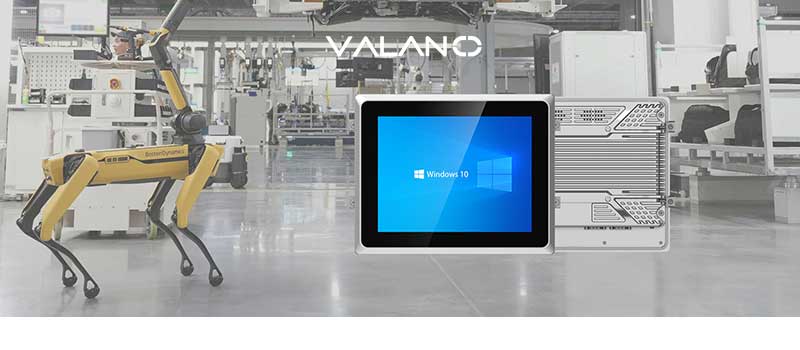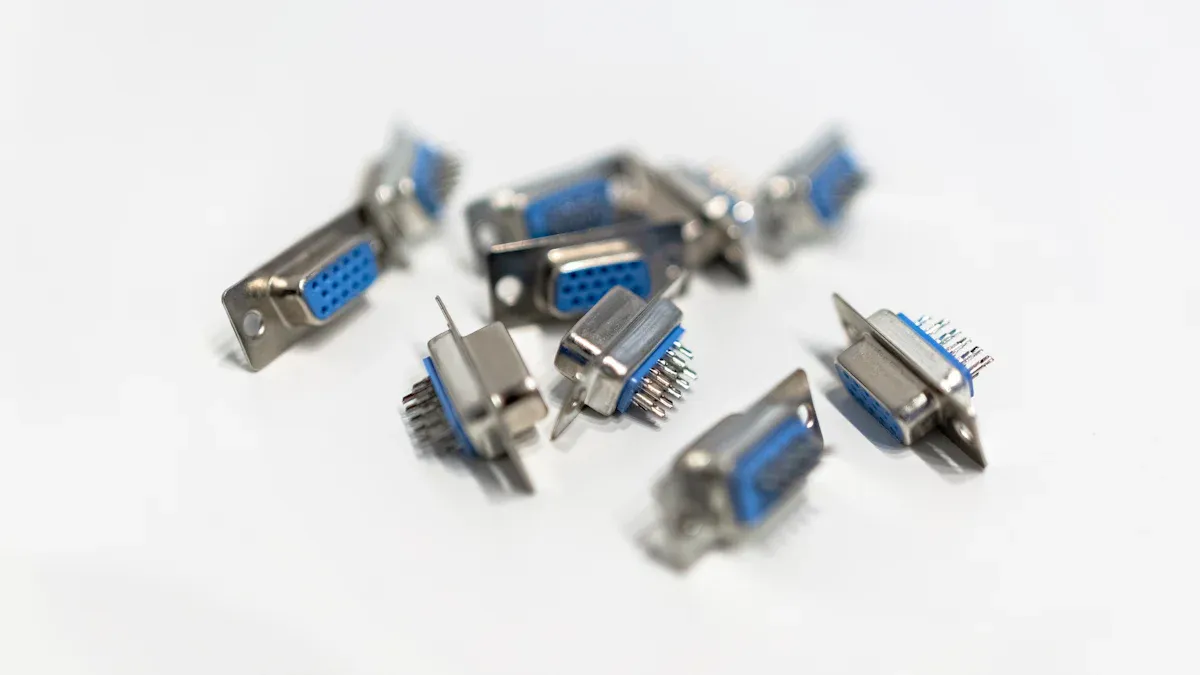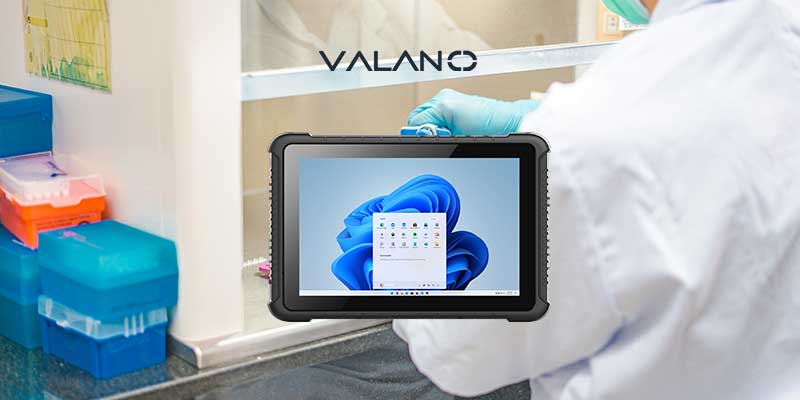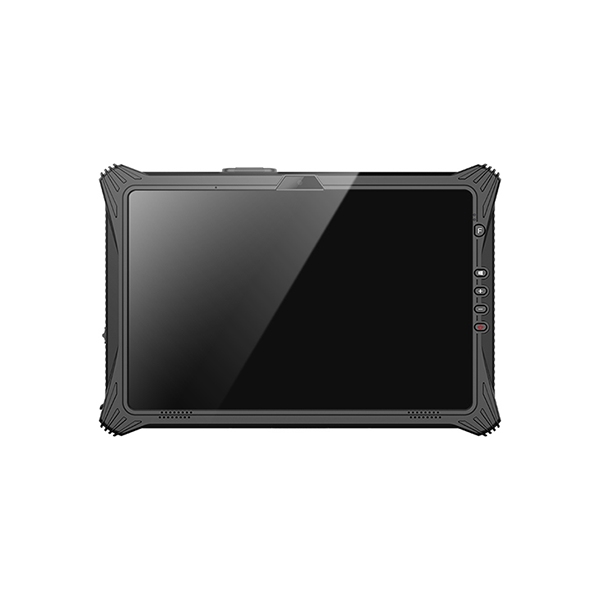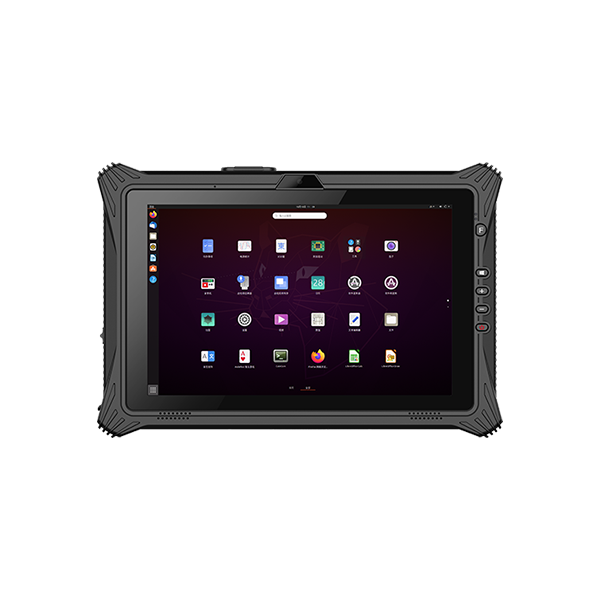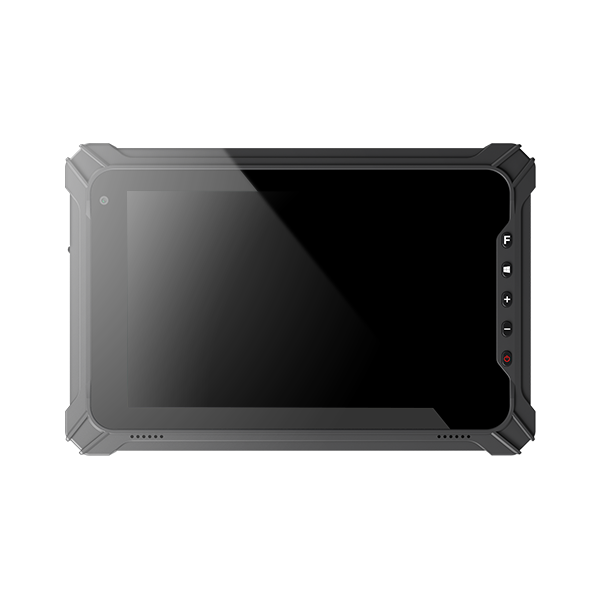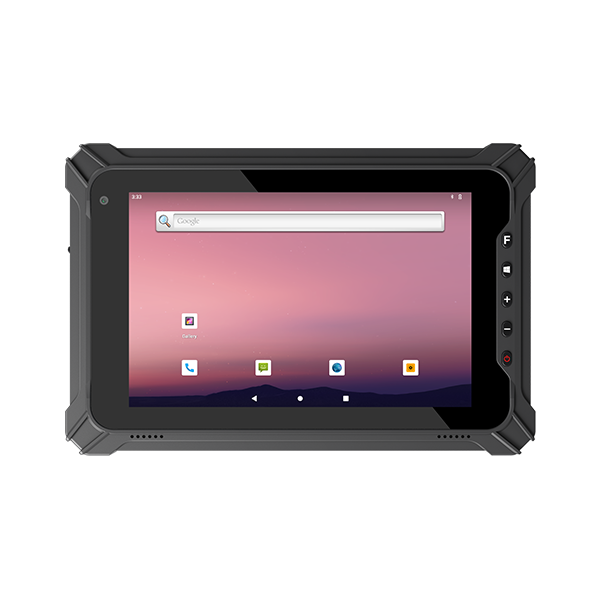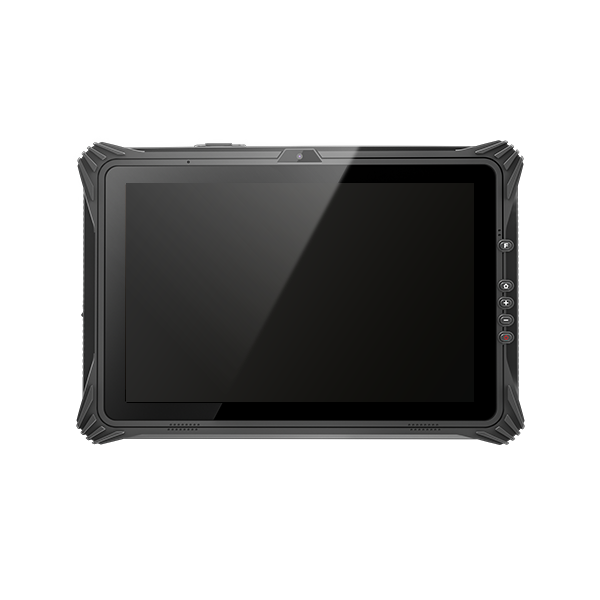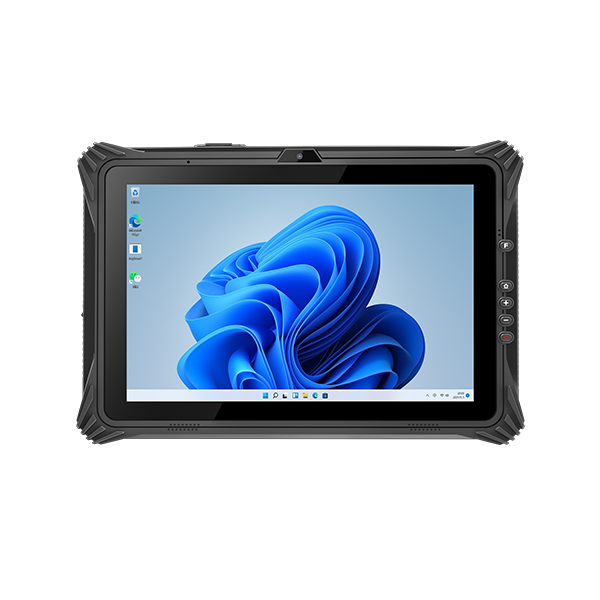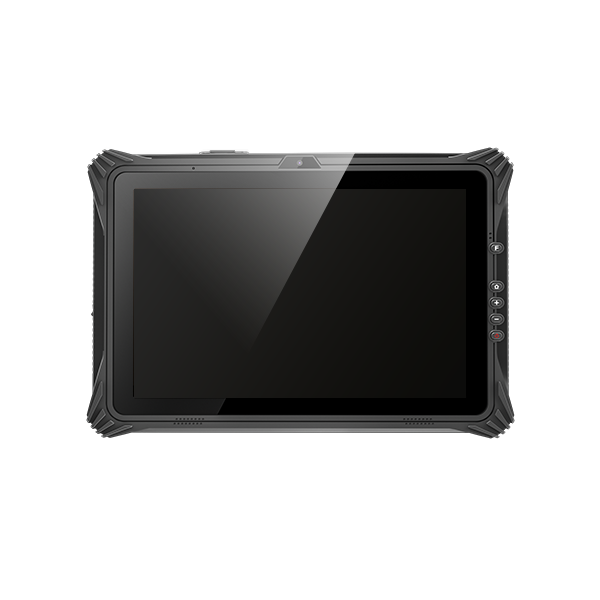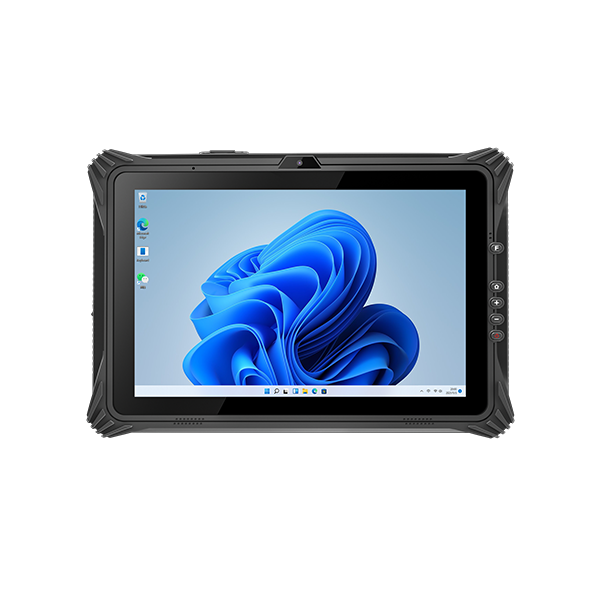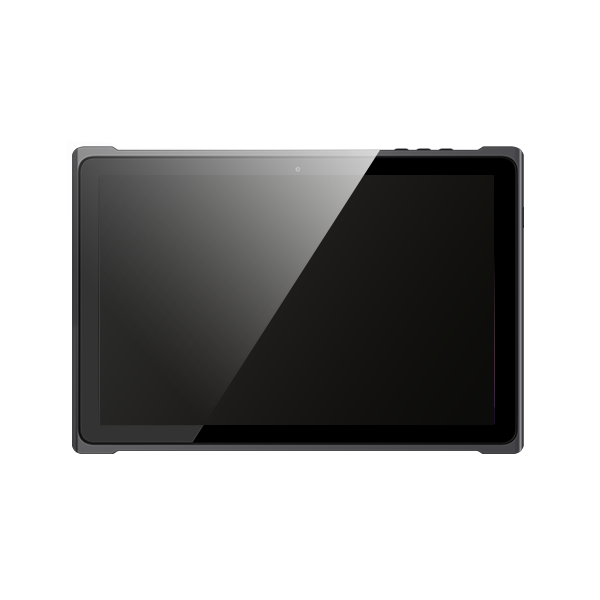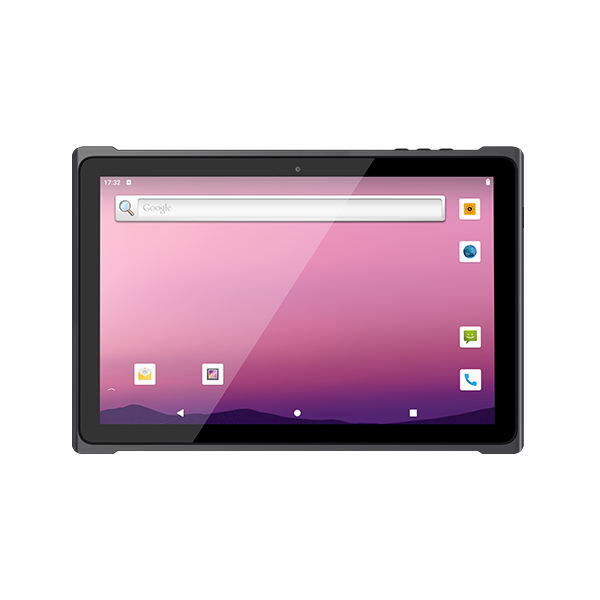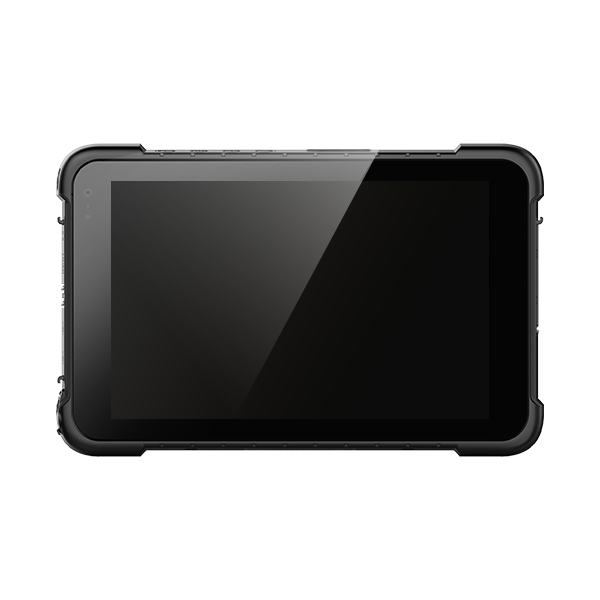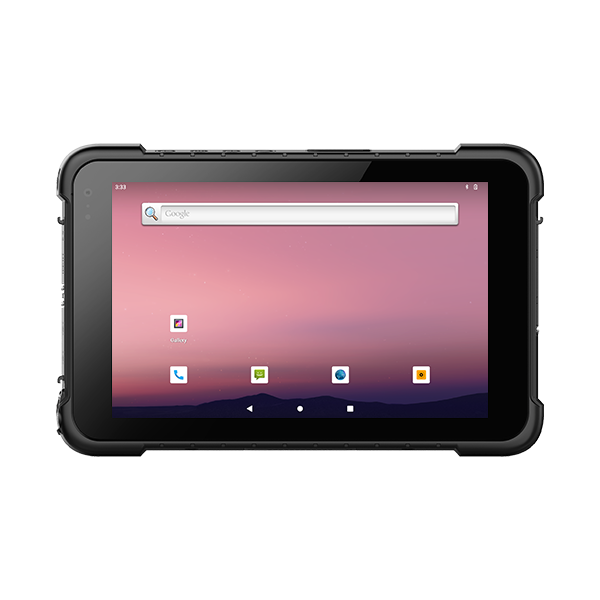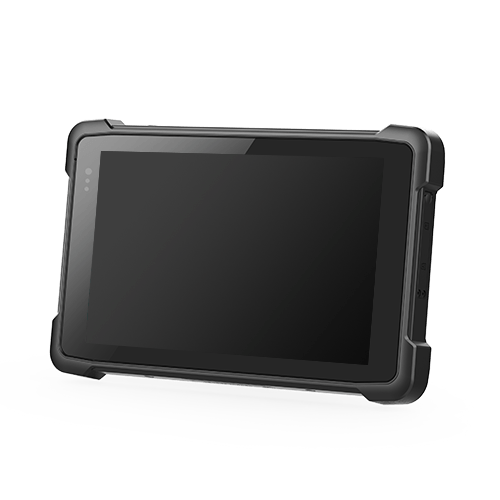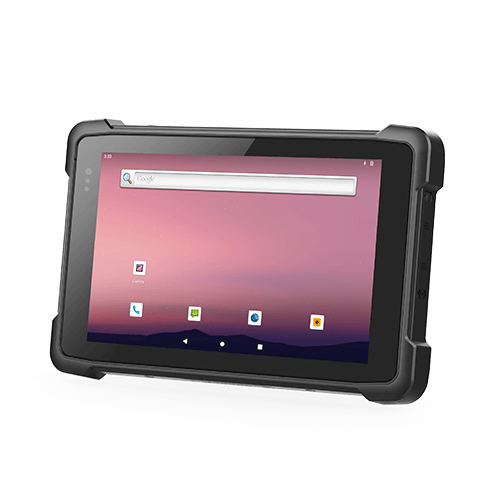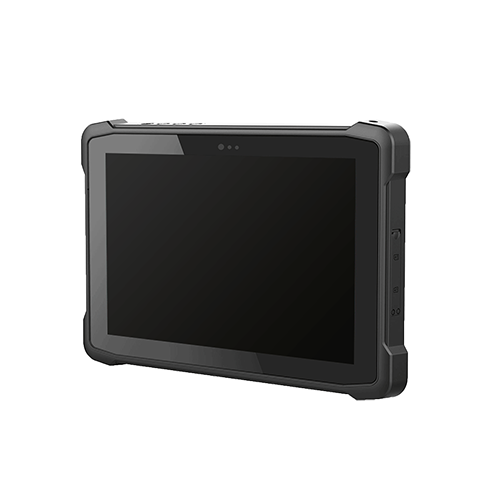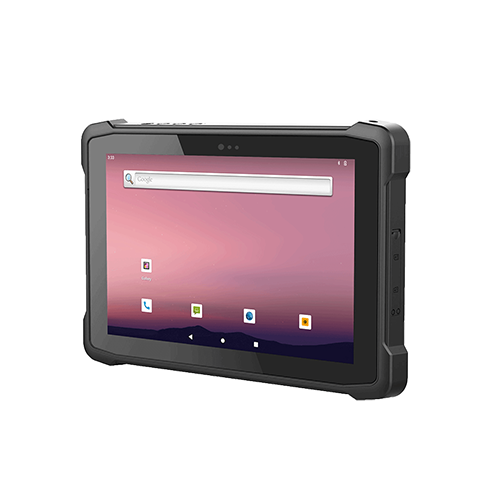
In hospitals, devices must handle tough conditions. A rugged healthcare tablet is very strong and reliable. It can survive drops, spills, and strong cleaning chemicals. This makes it work well in important situations. Standard tablets cost less but often can't handle these needs. They are not built strong and lack health-focused features. Picking a rugged tablet helps care for patients safely and without problems.
Key Takeaways
Rugged tablets are strong and can handle rough use. They work well in hospitals and emergencies.
Regular tablets cost less but break easily and lack healthcare features. This can make them more expensive over time.
Spending money on rugged tablets can save more later. They break less and cause fewer delays in medical work.
Rugged tablets have better security to keep patient information safe. They also follow privacy rules.
Think about what your healthcare setting needs before picking rugged or regular tablets for the best care.
Understanding Rugged and Standard Tablets
What Are Rugged Tablets?
Rugged tablets are made to work in tough places. These are not regular devices; they are built to handle hard conditions. They have strong cases that protect them from drops, bumps, and spills. For instance, many rugged tablets can survive falls over 3 feet without breaking. They also meet military rules like MIL-STD-810G, so they can handle heat, cold, and shocks.
Another important feature is their protection from water and dust. They often have high IP ratings, which show how well they block liquids and dirt. These tablets are also easy to use in hard situations. You can use them with gloves or safety gear. This makes them perfect for hospitals where cleanliness and safety matter a lot.
What Are Standard Tablets?
Standard tablets are small devices for everyday use. They are thin, light, and easy to use. People like them for watching videos, learning, or office tasks. These tablets have touchscreens and work well for simple jobs.
Some standard tablets have basic protection, like small water or dust resistance. But they are not made for rough conditions. Their design focuses on being light and looking nice, not being tough. This makes them good for homes, schools, or offices.
Key Features of Rugged and Standard Tablets
Knowing the main features of rugged and standard tablets helps you see their differences. Here’s a simple comparison:
Feature | Rugged Tablets | Standard Tablets |
|---|---|---|
Durability | Made for tough places, very strong | Less strong, for light use |
Environmental Protection | High IP ratings, military-grade rules | Basic protection, no special certifications |
Design | Bigger, stronger case | Thin, light design |
Performance | Similar or slightly less power | Usually faster |
Cost | Costs more for extra strength | Cheaper for simple use |
Ideal Use Cases | Hospitals, outdoor work, military | Homes, offices, schools, fun activities |
Rugged tablets are great for tough jobs and harsh places. Standard tablets are better for light tasks and cost less.
Durability and Environmental Resistance
Why Durability Matters in Healthcare
Healthcare devices face tough challenges every day. They must handle heavy use, spills, and drops. Strong devices keep working during important moments. For example, medical tablets are made for cleaning and tough conditions. This makes them very important for patient care.
Evidence Description | Why Durability is Important |
|---|---|
Devices that survive tough conditions | Keep working safely in hospitals and other medical places. |
Medical-grade tablet PCs | Help doctors and nurses by being reliable in hard situations. |
Best medical tablets | Stay strong through drops, spills, and heavy use, ensuring no interruptions. |
Durability is more than just being strong. It also means being safe and dependable, which is very important in healthcare.
Rugged Tablets: Built for Harsh Conditions
Rugged tablets are made for tough places. They are built to survive drops, shocks, and rough use. Many rugged tablets meet IP67 standards. This means they are waterproof and dustproof. They can handle spills or dirt without breaking.
Feature/Benefit | What It Means |
|---|---|
Strong Build | Made with tough materials to survive drops and bumps. |
IP Rating | Shows protection from water and dust; IP67 means it’s dust-tight and can handle being in water. |
Touchscreen Usability | Works with gloves or wet hands, perfect for hospitals. |
Long Battery Life | Lasts longer, so it works all day without stopping. |
These features make rugged tablets great for hospitals. They lower the chance of breaking, so you can focus on helping patients.
Limitations of Standard Tablets in Medical Environments
Standard tablets are cheaper but not good for tough healthcare jobs. They break easily from drops or spills. They don’t have features like shock resistance or waterproofing.
Also, standard tablets can’t handle strong cleaning chemicals used in hospitals. Cleaning them often can damage their parts. This makes them less useful in places where cleanliness is very important.
Using standard tablets can cost more over time. They break more often, which interrupts work and affects patient care.
Functionality and Usability in Healthcare
Features of Rugged Healthcare Tablets
Rugged tablets are made for healthcare workers. They have special features to help with patient care. These tablets often have fast processors and big screens. This makes them great for checking medical records or images. Many also have coatings that kill germs, keeping them clean and safe.
Security is very important too. Rugged tablets use fingerprint scans, face recognition, or badge readers. These tools keep patient information safe. They are easy to carry and come in different sizes. This helps doctors and nurses use them for many tasks. Whether in hospitals, clinics, or at home, rugged tablets make work easier and improve care.
Usability Challenges with Standard Tablets
Standard tablets are good for daily use but not for healthcare. They are light and easy to carry but not very strong. Cleaning them with strong chemicals can ruin their surfaces. This makes them less clean and safe.
Standard tablets also lack advanced security like fingerprint or face scans. This makes it easier for others to see private medical data. Their small screens and limited features can slow down work. These problems make them less useful for healthcare workers who need reliable tools.
Comparing Software and Hardware Capabilities
Rugged and standard tablets have clear differences in their features. Rugged tablets are built to be strong and safe. They meet strict rules like IP ratings and military standards. They also have enough power and memory for healthcare tasks.
Feature | Rugged Tablets | Standard Tablets |
|---|---|---|
Durability | Strong against drops and extreme weather | Weak against damage |
Environmental Protection | Meets strict safety rules | Lacks special certifications |
Performance | Good power for healthcare tasks | Faster for everyday use |
Design | Heavier with tough cases | Slim and easy to carry |
Standard tablets are better for simple tasks and portability. But rugged tablets are perfect for healthcare. Their strong design and special features make them a must-have for medical workers.
Cost Considerations for Healthcare Providers
Upfront Costs of Rugged vs Standard Tablets
Rugged tablets cost much more than standard ones. Standard tablets are cheaper, costing $200 to $600. Rugged tablets start at $1,500 or higher.
Tablet Type | Price Range |
|---|---|
Consumer Tablets | $200 - $600 |
Rugged Tablets | $1500 and above |
Standard tablets seem better for small budgets. But upfront cost isn’t the only thing to think about. You also need to look at how well they work over time in healthcare settings.
Long-Term Value of Rugged Tablets
Rugged tablets save money over time, even with a high price. Research shows rugged tablets cost less overall than standard ones. Their total cost averages $3,423, while standard tablets cost $7,330 during their lifespan.
Rugged tablets last longer because they are stronger. They fail less than 4% each year, while standard tablets fail over 30% in tough places. When devices break, workers lose 76 to 101 minutes of work. Rugged tablets reduce downtime and save money in the long run.
Hidden Costs of Using Standard Tablets in Healthcare
Standard tablets seem cheap but have hidden costs. They break easily from drops, spills, or cleaning chemicals. Repairs and replacements add up fast.
Standard tablets also lack strong security features. This can lead to data leaks and legal problems. When they fail, work slows down and patient care is delayed. These problems can cost more than the savings from buying cheaper tablets. Rugged tablets avoid these issues and work better in healthcare.
Use Cases for Rugged and Standard Tablets in Healthcare

Applications of Rugged Healthcare Tablets
Rugged tablets are very useful in healthcare. They are strong and reliable, perfect for busy hospitals. These tablets help doctors see patient records quickly. This helps them make good choices in emergencies. They can handle drops, spills, and cleaning, making them great for ERs and operating rooms.
Rugged tablets also make giving medicine easier. They help track and give the right medicine, keeping patients safe. In telemedicine, they allow doctors to help patients far away. Emergency teams use them to stay connected and work together during crises.
Application Area | Benefits |
|---|---|
Patient Records | Quick access to important information in busy settings. |
Medication Management | Helps track and give medicine safely. |
Telemedicine | Lets doctors help patients from far away. |
Emergency Response | Keeps teams connected during emergencies. |
These features improve patient care and meet modern healthcare needs.
When Standard Tablets May Be Sufficient
Standard tablets work well for simple healthcare tasks. They are good for office work like scheduling or billing. Their light weight and low cost make them great for small clinics.
In telemedicine, standard tablets can be used for video calls. EMS workers can talk to hospital doctors while moving patients. This helps plan treatments early. Standard tablets also give quick access to medical info, like drug details or treatment steps.
Key Outcomes | Description |
|---|---|
Real-Time Video Consultations | EMS workers talk to doctors during transport for quick help. |
Specialist Access | Patients get advice from experts fast. |
Improved Decision-Making | Helps send patients to the right place quickly. |
Standard tablets are not as tough but work fine in safe places.
Real-World Examples of Rugged Tablet Use in Medical Settings
Rugged tablets are used in many medical areas. Hospitals use them to check patient info and test results fast. In surgeries, they show plans and data to help doctors. ICUs use them to watch patient health and keep records.
One example is Washington County Regional Medical Center. They use rugged tablets with special software. They do video calls with hospital doctors during emergencies. This helps make better choices and saves lives.
Medical Setting | Use of Rugged Tablets |
|---|---|
Hospitals | Fast access to patient info and test results. |
Operating Rooms | Shows surgery plans and data to help doctors. |
Intensive Care Units | Watches patient health and keeps records for better care. |
These examples show how rugged tablets make healthcare faster and better.
Rugged healthcare tablets are very strong and work well. They can handle drops, spills, and cleaning without breaking. This makes them great for busy hospitals and emergencies.
🩺 Tip: Rugged tablets save money over time by needing fewer repairs.
Standard tablets are fine for simple jobs like billing or schedules. But they often break in tough healthcare situations. Think about your needs and pick rugged tablets for safer patient care.
FAQ
1. Why are rugged tablets better for healthcare environments?
Rugged tablets are made to survive hard use. They can handle drops, spills, and frequent cleaning. They meet strict safety rules and have special features. These include germ-killing coatings and screens that work with gloves. This makes them safe and dependable for medical work.
💡 Tip: Rugged tablets help save time and improve patient care.
2. Can standard tablets be used in hospitals?
Standard tablets are fine for simple tasks like billing or schedules. But they are not strong enough for tough hospital use. They can break easily or stop working after being cleaned with strong disinfectants.
3. Are rugged tablets worth the higher cost?
Yes, rugged tablets are a smart investment. They last longer and break less often. This lowers repair and replacement costs. Their strength and dependability also prevent delays in patient care, making them a good choice for hospitals.
4. How do rugged tablets ensure data security?
Rugged tablets have advanced tools to keep data safe. These include fingerprint scans, face recognition, and encrypted storage. These features protect patient information and follow privacy laws.
5. What are the key features to look for in a rugged healthcare tablet?
Important features include high IP ratings, germ-resistant coatings, and screens that work with gloves. Long battery life and strong security tools are also important. Make sure the tablet works with healthcare software.
🩺 Note: Pick a tablet that fits your healthcare needs.



